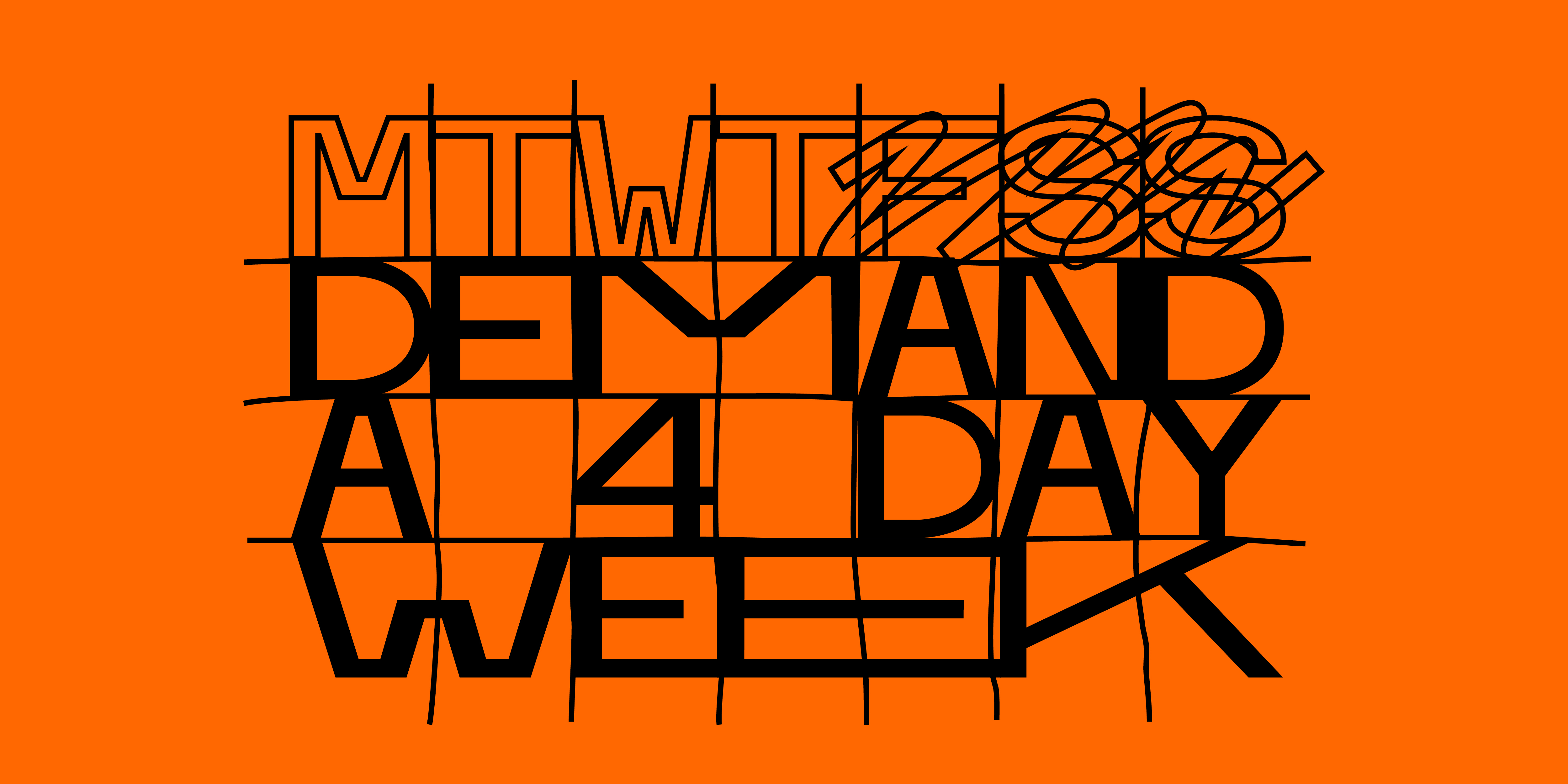 We believe that a 4-Day Week will benefit our society, our economy, our environment and our democracy.
We believe that a 4-Day Week will benefit our society, our economy, our environment and our democracy.
Work structures our lives. It can give us a strong sense of identity and purpose, and can be a positive force that enables us to contribute to our local communities and to society at large. At the same time, the distinct effects of precarity on the one hand and presenteeism on the other can make work highly stressful, leading to insecure income and reduced productivity whilst damaging our physical and mental health.
The 4-day week proposes to build on what is good about work, whilst securing more free time so that we can live our lives to their fullest potential.
Join us for a programme of short films followed by an open discussion, as we explore the forces that shape our attitudes towards work and leisure and ask how we can begin to imagine new ways of understanding both.
The films:
The School for Postmen by Jacques Tati – In this hilarious slapstick comedy by the director who would go on to make the classic Playtime, a bicycle courier tries desperately to shave seconds off of his rounds in order to meet the demands of a new schedule. In doing so, he causes chaos in his village in a series of absurd set pieces.
Ident by Richard Goleszowski – An early production by Aardman, this is a moody reflection on a man’s attempt to navigate the working day and the people that he encounters along the way. The film makes masterful use of animation’s potential, showing the man’s changing roles and the stresses they can put onto him.
SOAP by Monira Al Qadiri – For this piece, Qadiri takes scenes from Gulf soap operas and fills in the blanks. The TV shows depict lives of extreme luxury, but the migrant workers who enable these lifestyles are left out. In what can be a surreal and uncomfortable video, Qadiri uses green screen to ‘hijack’ the shows, putting these workers front and centre, demanding that we acknowledge their reality.
6pm to 9pm | £5 recommended donation on the door

